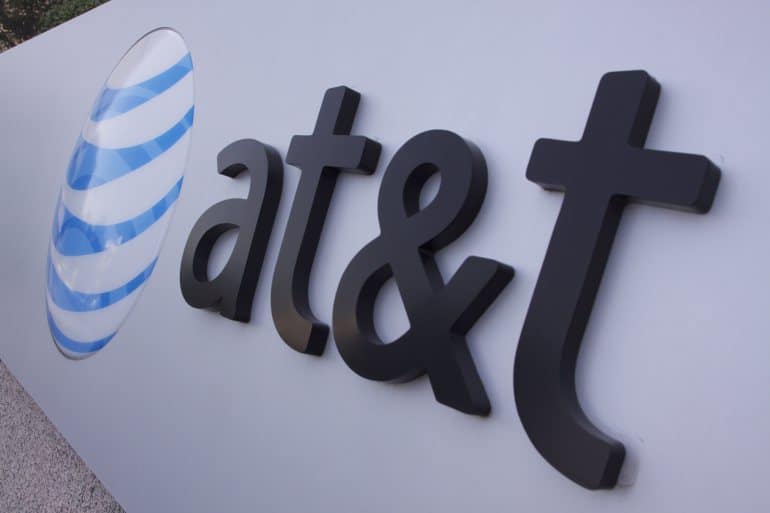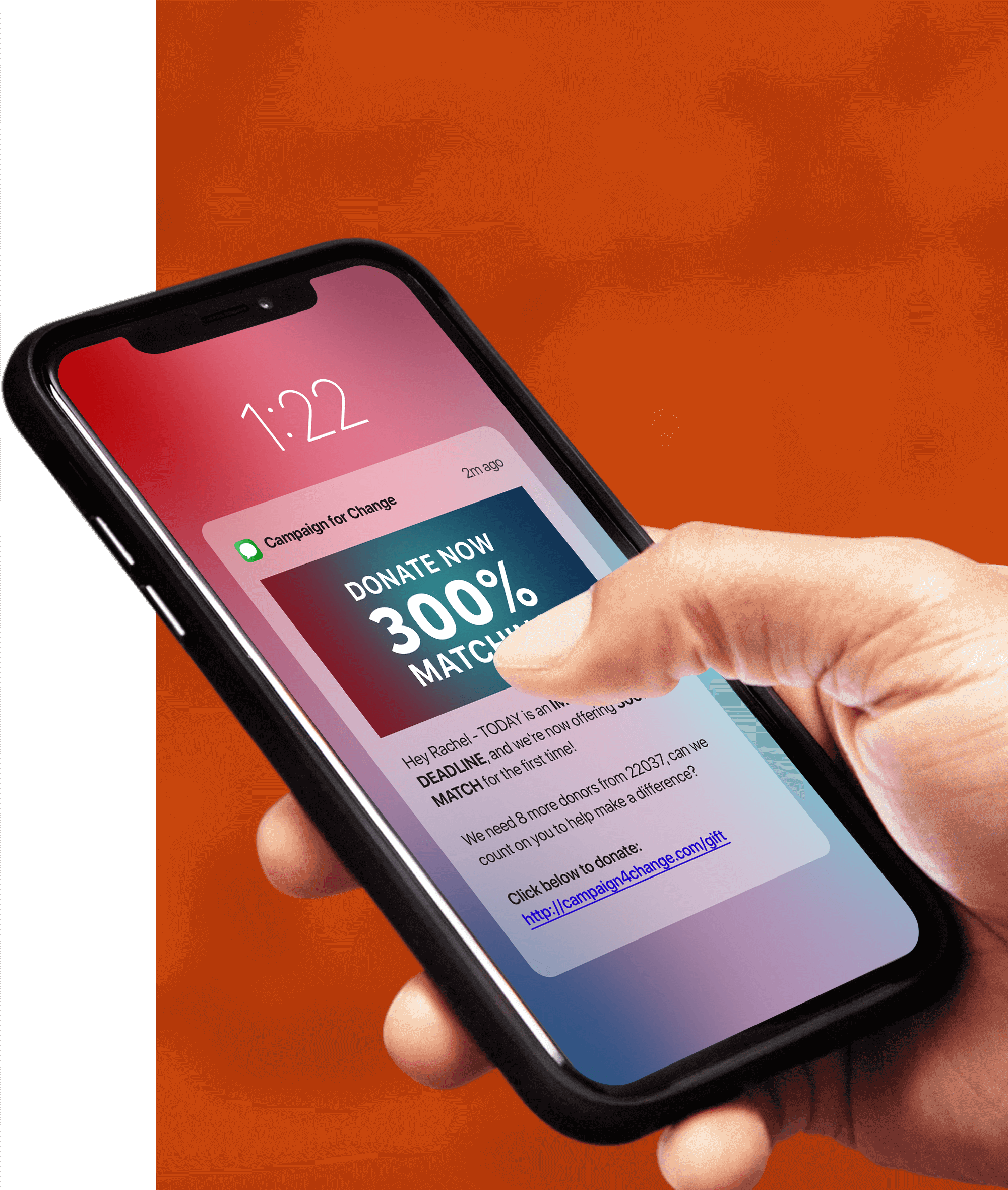
Remember how back in late 2013, three major carriers — AT&T, Sprint, and T-Mobile entered into an agreement with 45 states to stop billing customers for premium short code SMS messaging? Just recently, AT&T reached a $105 million settlement with federal and state law enforcement, based on charges assessed to customers through premium SMS billing.
As part of the $105 million, AT&T will pay $80 million to the Federal Trade Commission to provide refunds to consumers that were unlawfully billed for unauthorized premium SMS messaging charges. In addition, AT&T must also pay $20 million in penalties and fees paid to 50 states and the District of Columbia, as well as a $5 million penalty to the Federal Communications Commission.
Just how big of a problem did premium SMS messaging become in the United States before the carriers agreed to ban it? It’s estimated that every year, premium SMS billing costs consumers nearly $2 billion in additional charges on their wireless bills. Considering that there are 326.4M wireless subscribers in the United States, that means that on average, each wireless subscriber was paying an additional $6/year in just premium SMS fees.
It’s crazy to note that when the FTC investigated AT&T, it found that some third-party premium SMS providers’ complaints reached as high as 40% of subscriptions charged to AT&T consumers in a given month. In 2011 alone, the FTC found that AT&T received more than 1.3 million calls from their customers regarding premium SMS charges.
AT&T customers that were charged for premium SMS messaging can visit www.ftc.gov/ to submit a refund claim and find out more about the FTC’s refund program under the settlement. If consumers are unsure about whether they are eligible for a refund, they can visit the claims website or contact the settlement administrator at 1-877-819-9692 for more information.
Under the terms of its settlement with the FTC, AT&T will notify all of its current customers who were billed for premium messaging by text message, e-mail, paper bill insert, and notification on an online bill.

